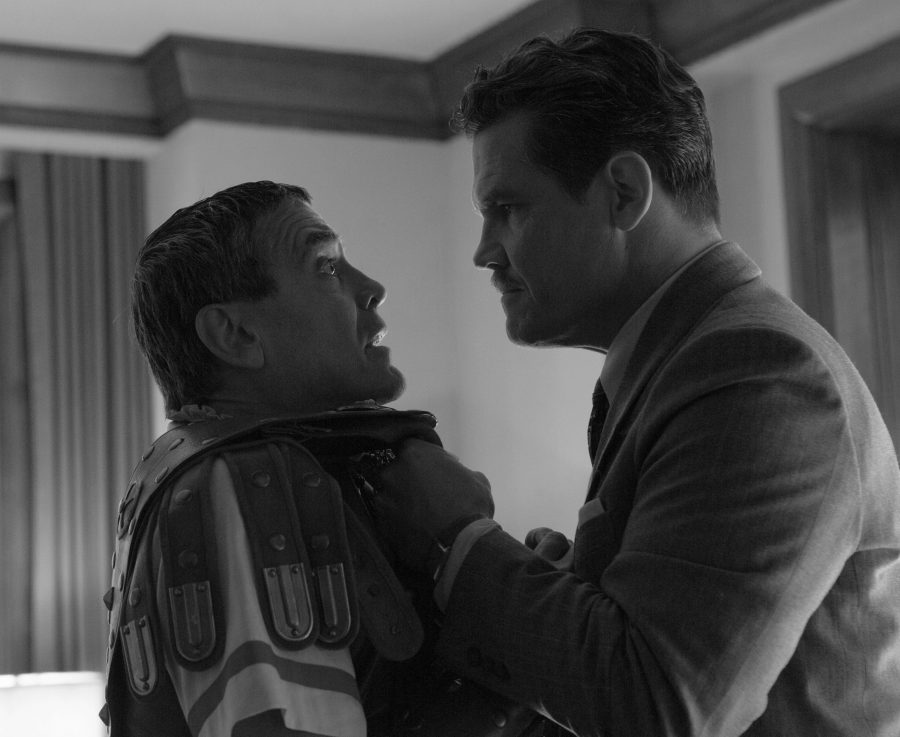
Joel and Ethan Coen (“Fargo,” “The Big Lebowski,” “A Serious Man”) have been responsible for some of the most unique films of the past few decades. Their latest, “Hail, Caesar!,” looks at the rigid studio system of 1950s Hollywood, a movie factory with meticulous control over the lives of its stars.
It is a historical moment of enormous potential energy, transforming the screen into an ideological battleground for the soul of democracy—or so conventional wisdom would have it.
The central argument of “Hail, Caesar!” is essentially not one at all: even when the industry is cynically monopolized, cinema is able to transcend the market and offer a spiritual experience.
“Spiritual” is not meant in a trite sense; Eddie Manix (Josh Brolin), protagonist of the film and studio employee whose job is to prevent press scandals, spends his rare moments of spare time in church, confessing even the most trivial of sins with sincere penitence.
The titular “Hail, Caesar!” is a high budget production of the life of Christ. When Manix is offered a “less frivolous” job at Lockheed, the film directly contrasts the measurable impact of scientific discovery with the ineffable power of cinema.
The narrative is sporadic, the only lietmotif centering on the kidnapping of famous movie star Baird Whitlock (George Clooney) and the increasingly desperate search for him conducted by Manix.
Other characters come and go as the story demands, but the funniest moments of the film come from Alden Ehrenreich, who plays naïve cowboy actor Hobie Doyle as he is taken out of his element and forced to act in a serious drama.
Although it is a potent homage to the craft, the thematic reverence to Hollywood feels unearned. “Hail, Caesar!” is comprised by undeveloped ideas, glances at subplots, and a script which comes across as incomplete.
It’s tremendously entertaining in its current form, but the brisk pace of the movie is not the compelling rhythm shared by all the Coens’ best movies.
Instead, situations are resolved with a brief line of dialogue that undermines their significance, jokes are rushed to a punchline, and characters are introduced just to fill gaps in the story.
None of these flaws make “Hail, Caesar!” a bad movie, but they do make it a slight work for the Coen brothers.


















